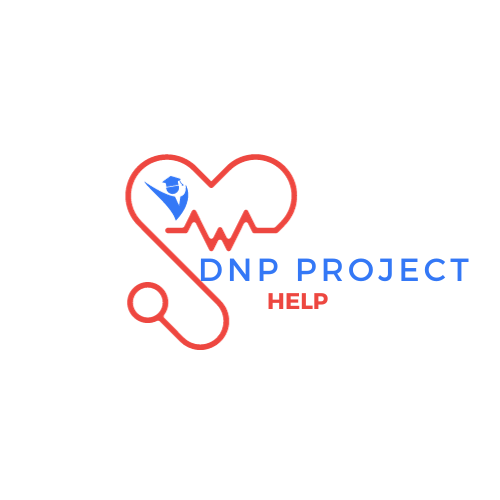
N7538 Transforming Health & Health Care Delivery
This course helps students understand how social, political, and economic factors affect health policy and healthcare. Students will use knowledge and ethical standards from nursing, business, health policy, and leadership to create safe, quality care. The course covers advocacy for patients, populations, and the nursing profession, teaching students how to influence complex systems to improve health, equity, and social justice. Students will also gain important business and financial knowledge related to healthcare systems and organizations.
Table of Contents
Course Objectives:
- Apply concepts of healthcare economics, financing, marketing, and governance.
- Analyze how political activities and strategies impact policies at organizational, local, state, and national levels.
- Use professional ethics to guide involvement in business, policy, and politics.
- Compare health policies at the global, national, state, and local levels.
- Apply a systems approach to identify and address social factors that affect health, aiming to reduce disparities and improve population health.
Modules
Module 1: Overview of Class Days
Introduces the course structure and expectations.
Module 2: Strategic Planning
Focuses on the strategic planning process and the development of a strategic plan.
Objectives:
- Identify components of the strategic planning process.
- Identify the components of a strategic organizational assessment plan.
- Complete a SWOT analysis (Strengths, Weaknesses, Opportunities, Threats).
Module 3: The Basics of the Business of Health Care
Provides an understanding of the basics of healthcare finance.
Objectives:
- Describe basic economic concepts.
- Understand accounting terminology.
- Describe Generally Accepted Accounting Principles (GAAP).
- Discuss the current and potential models of healthcare financing in the U.S.
Module 4: The Business Case for Quality
Teaches how to create a business case for quality in healthcare.
Objectives:
- Describe the components of a business case for quality.
- Analyze the business case for quality initiatives.
- Identify the costs and benefits of a proposed quality initiative and calculate the ROI (Return on Investment).
Module 5: Patient Engagement
Explores the benefits of engaging patients and families in their care.
Objectives:
- Describe how including patients and families in their care can improve outcomes, decrease costs, and reduce risks to clinicians and organizations.
- Discuss how patient-centered care can help prevent adverse events.
- Identify opportunities to use technology and social media to engage patients in their care.
- Discuss social determinants of health, ethical considerations in technology use, the cost of interventions, and implications for patient engagement.
Module 6: Policy Formation & Analysis
Focuses on how to develop and influence health policy at various levels.
Objectives:
- Gain insight into the political process and how public policy is developed and implemented.
- Complete fieldwork to experience policy development, policy implementation, and/or political processes, which may count toward required practice hours.
Module 7: Policy & Professional Ethics
Examines the ethical responsibilities of nurses in health policy and advocacy.
Objectives:
- Review the ANA Code of Ethics for Professional Nurses.
- Appreciate the historical perspective of ethics in nursing.
- Analyze a policy issue to determine the ethical driving force behind it.
- Hypothesize differing views on how to address a policy issue based on ethical principles.
Module 8: Power, Politics & Policy – Healthcare Around the World
Explores how power and politics influence global healthcare policy.


